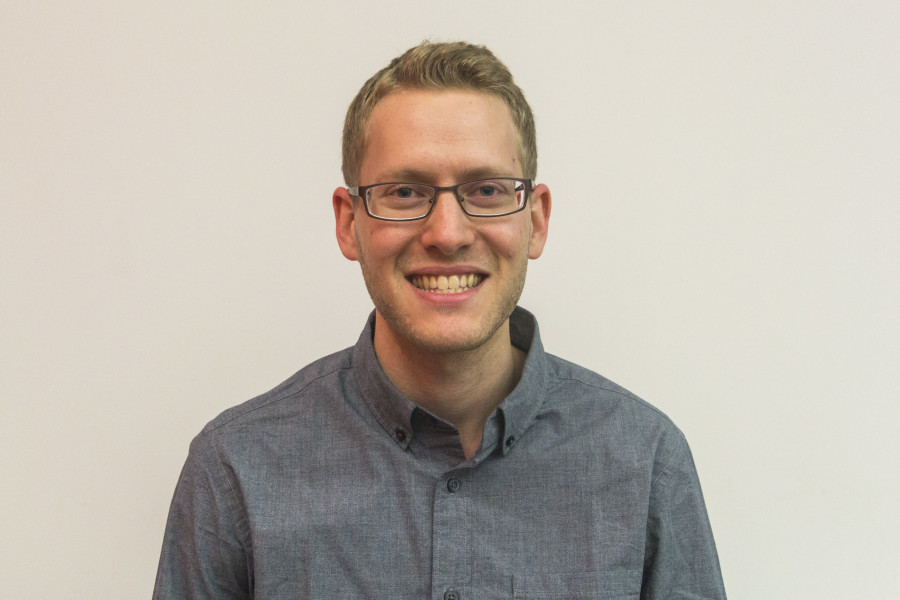WSN’s coverage of Palestinian Vigil is misleading
December 7, 2015
Thomas Peracchio’s Nov. 9th article, “Vigil held for citizens of Palestine,” mischaracterizes the nature of the discourse on the Israeli-Palestinian conflict at NYU Law School. In describing the campus environment, the author exclusively cites the opinions of students with pro-Palestinian views, without ever seeking alternative perspectives from other students on campus. As a member of the NYU Law Students for Israel, and in the interest of journalistic integrity, it is imperative that I respond to the misleading statements made by some NYU Law students quoted in Peracchio’s article.
In truth, the author’s depiction of the alleged anti-Palestinian culture at NYU Law does not accurately reflect recent events on campus. First, the article quotes Colinford Mattis, asserting that Law Students for Justice in Palestine “tries to open a dialogue about the Palestinian-Israeli Conflict.” Peracchio further mentions that another student, Amith Gupta, “also noted pro-Israeli sentiment on campus and suggested that it occasionally veered into hostility.” In contrast to these statements, however, LSJP and other pro-Palestinian students have consistently rejected LSFI’s efforts to work together to open a respectful dialogue on campus.
One of the many examples of LSJP’s rejection of LSFI’s efforts to open constructive dialogue on campus occurred at a recent meeting of the NYU Law Student Bar Association, the law school’s student government. The president of LSFI attended a weekly SBA meeting, where a number of law students convened to discuss the issue of free speech and harassment on Coases, the official email listserv for NYU Law students that reaches a large percentage of the student body. At the meeting, he urged LSJP to team up with LSFI to co-host a joint event or vigil that could productively address these issues. That idea, however, was met with resistance from the LSJP Board because their national charter prevents them from co-sponsoring an event with a Zionist student group. Instead, LSJP proceeded to hold its own, private vigil, at which Perrachio gathered information for his article.
Furthermore, as part of its support for the Boycott, Divestment, and Sanctions movement, LSJP’s website asserts, “The following events, activities, or situations are some of those which are in violation of the Palestinian academic boycott: – Academic events (such as conferences, symposia, workshops, book and museum exhibits) convened or co-sponsored by Israel, complicit Israeli institutions or their support and lobby groups in various countries.” Rather than opening dialogue, LSJP does just the opposite by refusing to join in productive dialogue with pro-Israel students on campus.
Moving forward, as a reputable student newspaper, I hope that WSN considers a diversity of perspectives when writing an article with such politically charged allegations. The mission of the NYU LSFI is to facilitate open and honest discourse and debate centering around legal and humanitarian issues pertaining to Israeli policy. We hope that LSJP will partner with LSFI and others to replace the hostility perceived from both sides with respectful and productive debate on campus.
Opinions expressed on the editorial pages are not necessarily those of WSN, and our publication of opinions is not an endorsement of them.
Email David Rand at [email protected]

























































































































































Ezra • Jun 10, 2016 at 1:21 pm
@Anonymous: Well, most students at NYU don’t support the Israelis. Just FYI. Can one truly be liberal and pro-Israel at the time?
Anonymous • Dec 8, 2015 at 3:18 am
While Jews undeniably have a tremendous amount of historical suffering, the reality is that popular discourse largely ignores the displacement of Palestinians and the complications that arise from finding a home for one refuge community by displacing another. The Palestinian suffering of today is irrefutably linked to the creation of a haven for Jews at the expense of another group.
The whole situation is highly problematic. I would question the characterization of NYU as heavily biased against Israel. Perhaps in relation to the rest of America, yes. But that is in itself a lopsided standard. The problem highlighted by this article is the inability from both sides, both in the actual countries and in advocacy groups located in America, to regard each other with respect and carry out a humane discourse. This originates from both sides, and until the contempt is addressed and genuine attempts to reconcile differences and truly consider a two state system, no progress can be made.
Since this comment will perhaps be attacked as pro-Palestine propaganda, let me make clear that I am Jewish. The human rights abuses occurring today are not attributable exclusively to either party, and regardless of ethnic heritage, the demonization of the other really does not help the situation.
Dakota Guy • Dec 7, 2015 at 8:26 pm
@Arafat: This university has many strengths, but honestly, it is VERY heavily biased against Israel — and if I may say so, sometimes even against Jews, despite their minority status and tremendous historical suffering. Anyone who attends knows that other groups are generally given far more attention and sympathy. The Jewish students at NYU are also quite disappointing in that they fail to organize themselves properly as well, to speak out in a common voice on critical issues…
Arafat • Dec 7, 2015 at 9:54 am
“Moving forward, as a reputable student newspaper, I hope that WSN considers a diversity of perspectives when writing an article with such politically charged allegations.”
++
David, are you confusing journalism with an ethical profession? You really are very naive.